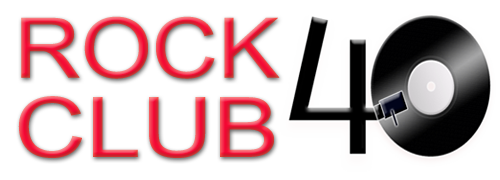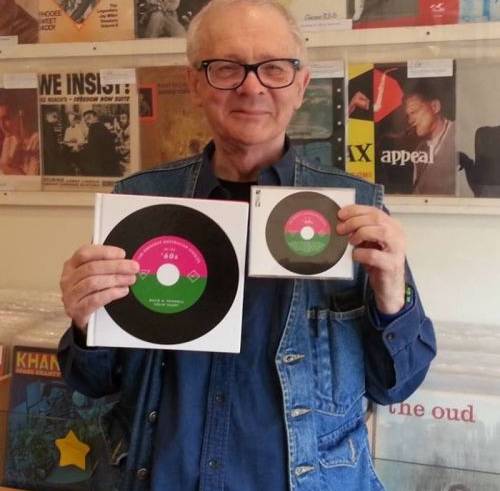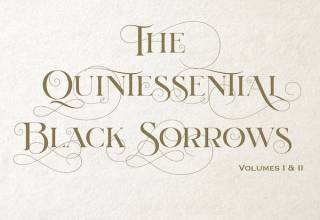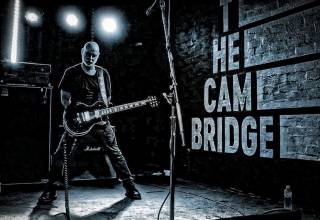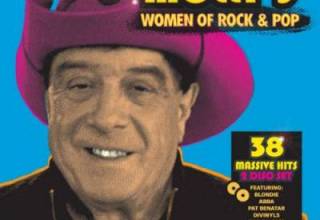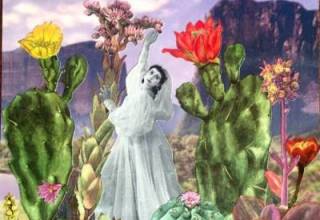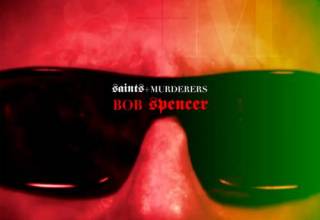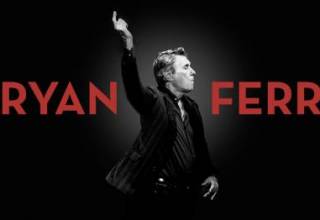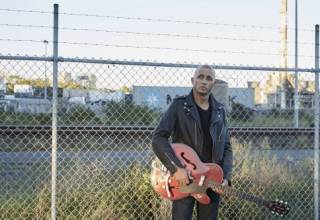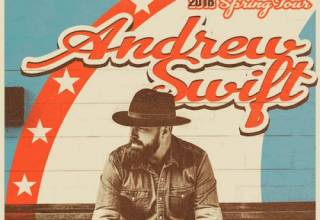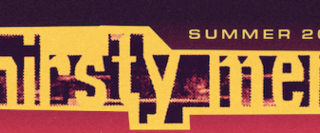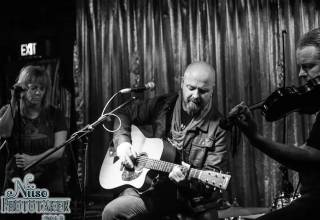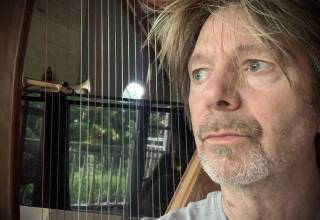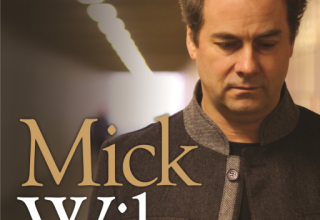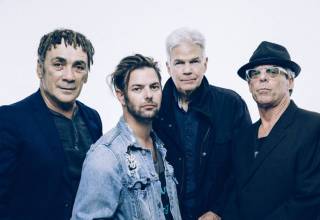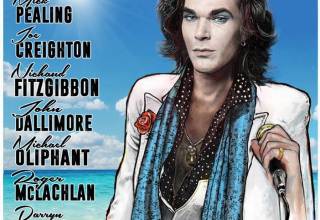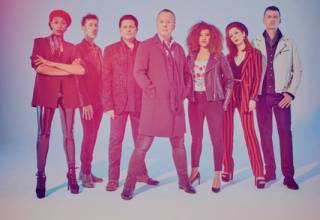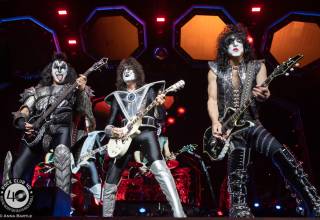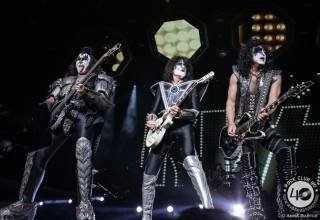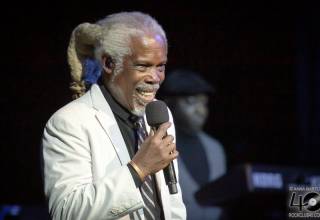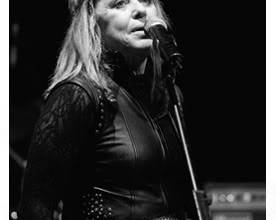David N. Pepperell talks to Rock Club 40 about
‘100 Greatest Australian Singles’
a book by David N. Pepperell and Colin Talbot
Growing up in Melbourne at a time when rock ‘n’ roll began to hit the airwaves, David Pepperell was always interested in music, right from the time his parents bought him a radio when he was a boy in 1949. He says that he was ‘glued to it from that time on’ and just ‘lived for music completely.’ He started collecting records when his parents gave him an Astor Playgram at the ripe old age of 11 and admits that it has always been a ‘great fascination’ for him. “I had a massive collection of singles. I imported it all. I would have thousands by the time I started working.”
The first record David bought was ‘So Tough’ by Johnny O’Keefe but the first three records he owned came with his record player. “That was ‘Volare’ by Dean Martin, ‘Hard Headed Woman’ by Elvis and ‘Tom Dooley’ by The Kingston Trio,” he recalls. “So I had this great collection and I was quite famous for it.” Over the years, David absorbed a great deal of knowledge about music, the industry and the bands of the eras he grew up in. He also wrote for various music publications in the 70s and it was perhaps inevitable that one day he would write a book on the subject. That book, ‘100 Greatest Australian Singles of the ‘60s’ is a combined effort with co-writer Colin Talbot and features, well… yes, that’s right… 100 Australian singles from the decade; with background information on each song and accompanied, where possible, by photos of the band that recorded it. “The photos were really hard,” David tells me. “In the ‘70s, everyone who had a camera became a pop photographer. Not so in the ‘60s at all. There were three guys actually taking photos. They were Jim Colbert who did TV Week; Laurie Richards (not the entrepreneur), who did Listener In TV and Colin Beard who photographed for Go Set and another guy called David something who also photographed for Go Set later on. They were the only guys who had photos so it took us a year to get the photos. The book was supposed to come out in 2014 and we just had so much trouble doing the photos, and a collector very kindly scanned labels for us so when we couldn’t get a picture, we’d use labels.”
The idea for the book came out of a conversation that David and Colin had where Colin suggested that the pair write a Top 100 Australian Singles book. “I thought a top 100 was impossible,” David recalls. “And then thought maybe a Golden Age, say 1955 – 1980 but then I thought no, that’s impossible too; there’s far too many, so I finally decided on the ‘60s because I think it’s the best time and it’s the only time our singles standard was as good as the ones from overseas. Every Australian single you played, there wasn’t that big a difference on the transistors we listened to in those days. A lot of them even sounded better so we could compete. It was a huge rock ‘n’ roll scene in Melbourne in the ‘60s.”
It took them about three or four months to decide on a list. “We made a rule that no one got more than four records, which we broke. Easybeats got five but everybody else got four. One of the hardest things about doing the list was ‘Which four? Which Normie Rowe? Which Easybeats? Which Twilights? Why wasn’t ‘Sorry’ included?’ I wanted the records to be unique and memorable so that, if you heard them once, you’d probably remember them; they had to have something magical about them. They weren’t all big hits. In fact, some of them weren’t hits at all. But they had to have something great about them that made them memorable. And that’s pretty much what we’ve done. I wanted the most memorable records by The Easybeats. I included ‘Come and See Her’which I’m not that crazy about but I think it’s different to the rest of their records. Most of their songs sounded pretty similar. ‘Come and See Her’ is really different as is ‘For My Woman’ which has always been my favourite Easybeats single. So that got in instead of ‘Sorry’. And really, we’ve had very little argument on that. Very few people have actually queried the records that are in the book. People have said that other records perhaps should have been in there but again more on particular groups than other records.” There were a couple of records that, in hindsight, David wishes he had included. One is ‘Sky Boat Song’ by Glen Ingram and The High Fives and the other one is ‘Don’t You Know’ by Johnny O’Keefe. “I thought it was 1959 but it turned out to be 1960.” All the songs from the book are included on the four CD box set of the same name which was released to coincide with the book; all, that is, except for ‘Good Looking Boy’ by Patsy Anne Noble, for which they were unable to secure rights. “So, on the record, that’s replaced by ‘Shakin’ All Over ‘by Normie Rowe which is a double sided hit with ‘Que Sera Sera’,” David explains.
He points out that most people know the records better than they might think they do. “They’re in your consciousness. Your mum and dad would have played them. They’re all over the radio. What I really like is that when CDs came in, all the stupid radio stations flogged their entire record libraries. They got rid of them. Thousands of 45s, 78s and albums they’d kept for years, they said ‘Oh that’s all old hat now.’ And so they don’t have all those old records. Half the stuff in that CD box set hasn’t been on radio for thirty years because nobody had them and they haven’t been anthologised on collections. ‘Urban Man’ by Buddy Ingle, we had incredible trouble finding that. Nobody had ever done that. So that’s all alive now and people on radio stations and community stations, they all play that stuff again so it’s brought back to life and that’s what it was meant to do. It was a great time for singles.”
David says that he is really happy with the way the book has turned out and with how well it has been received. “I think we’ve done a fabulous job,” he remarks proudly. ”It’s a coffee table book. You can read it while you’re watching the cricket. I think our writing complements each other. We’re both fairly different and I think the two styles complement each other quite well.”
by Sharyn Hamey
Copyright © Sharyn Hamey 2016. All rights reserved
You can purchase ‘100 Greatest Australian Singles of the 60s’ from www.booktopia.com.au
